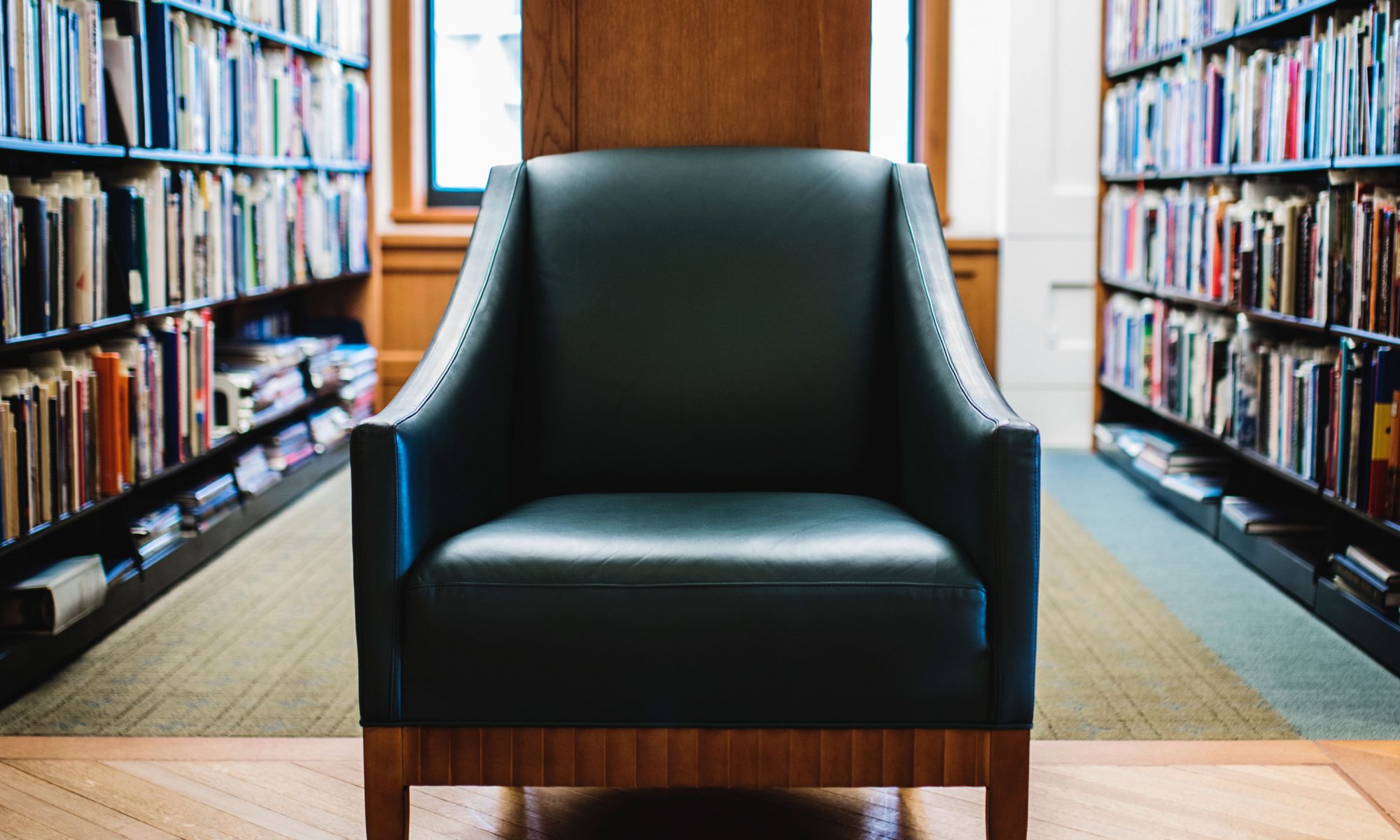Much is made about the process of “scientific communication” and how professionals gather and use professional information. However, I find that what I read about scientific communication does not equate to my personal experience, so I would like to find out what other reference librarians think about this process. To that end, I would like to use this blog to conduct a short survey.
What I would like to know is where you find the best professional information that you use in your daily activities. To gather data, I would like you to think about the single most useful professional information that you have received during the past six months. That information may have come from any of a wide range of professional communication media: books, journals, listservs, blogs, web pages, etc. The only limitation that I want to place on the communication is that it must be public in nature, so that others would have access to the same communication. Private emails, phone calls, or conversations are out of bounds for this survey, whereas publicly posted messages or presentations at conferences are acceptable because other people would have had access to the same information.
If you want to contribute to this unscientific study of scientific communication, respond to this posting with a description of the type of source that you considered the best piece of professional information during the last six months. If you feel comfortable, name the source — if not, indicate it's type.
Since I started this discussion, I should indicate my own response: journal article in RUSQ (and I did not start this post to plug RUSA, but there you go!).
Dave Tyckoson
